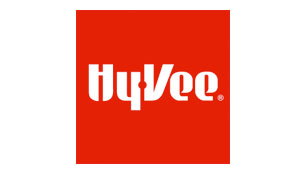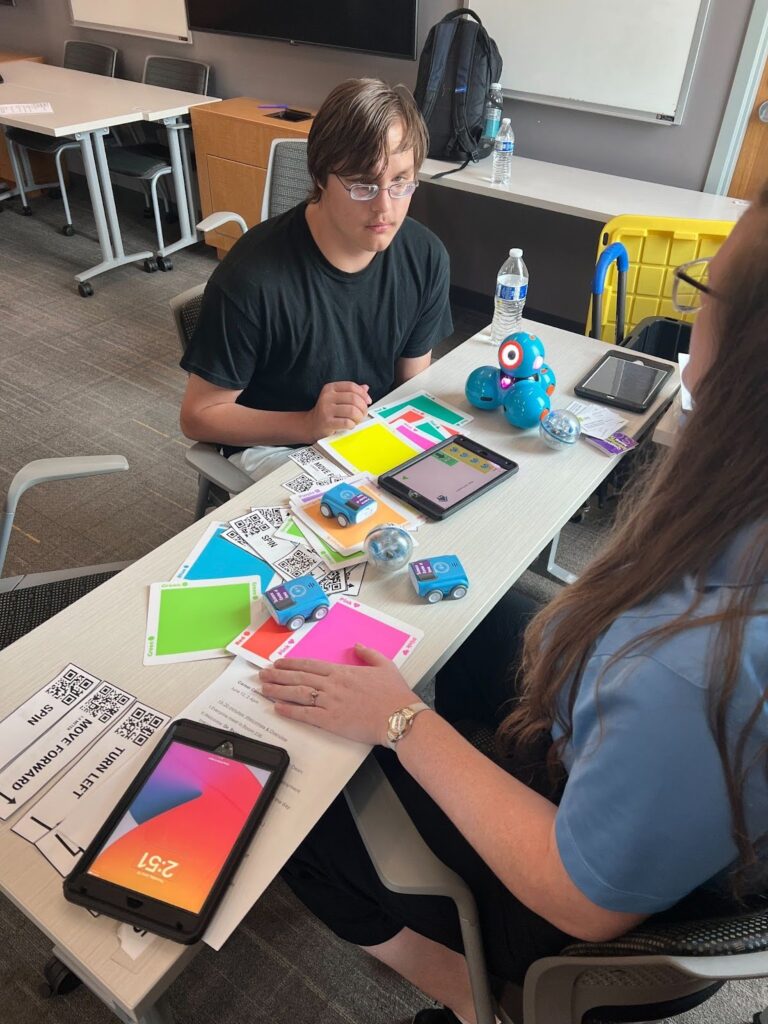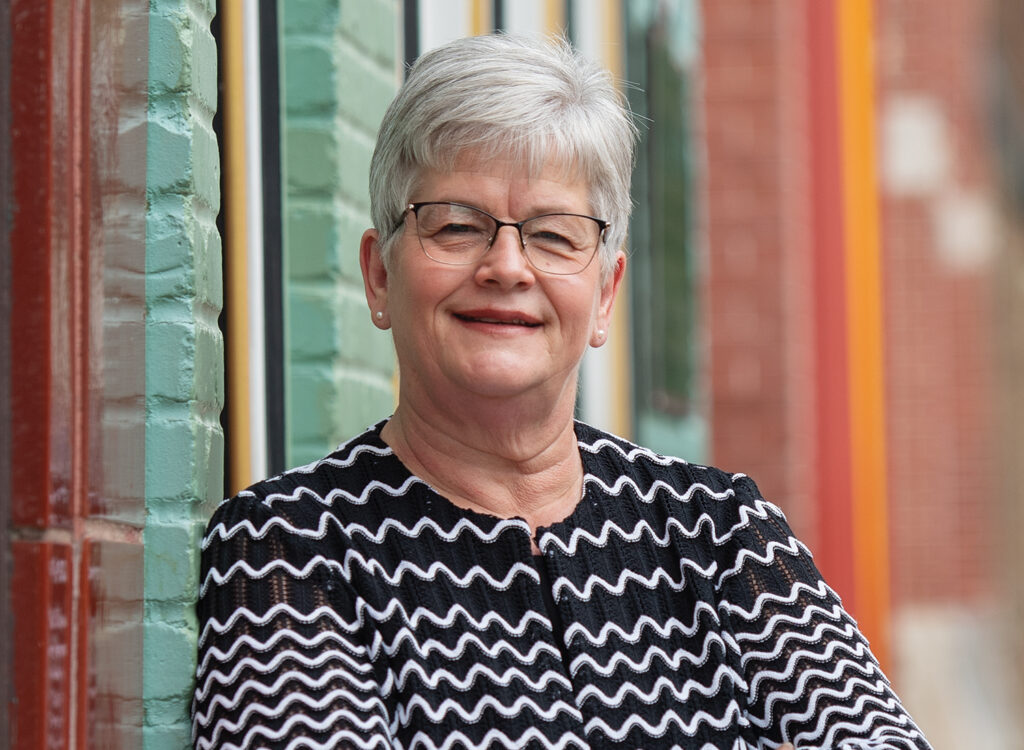StartupCity connects entrepreneurs with mentors

A man wearing a suit works while sitting on an exercise ball. A 22-year-old entrepreneur has commandeered a couch with a laptop computer in hand.
StartupCity Des Moines, located on the fifth floor of the Bank of America Building, is a pretty relaxed work environment. A business incubator for technology-related start-ups, StartupCity is aiming to create a high level of interaction between new start-ups and a support staff of mentors throughout Greater Des Moines.
“The need for this chatter was obviously there,” said Tej Dhawan, who is one of two principals in StartupCity, along with Christian Renaud.
It was obvious to the point that 64 start-ups, dating back to a year ago, have inquired about being part of the incubator. That number had to be whittled down to six for the inaugural class, and the principals hope to add a few more during the first year, house up to 20 in year two and 30 in year three.
One of the major concepts of StartupCity is to increase the level of chatter and collaboration that already happens at events such as the occasional Startup Weekends in Iowa or at impromptu meetings in downtown coffeehouses. Renaud is quick to point out that the start-up founders are mentoring one another, and anticipates they will mentor the mentors as well.
“Part of the entire concept is the horizontal chatter,” he said. “It’s not hierarchical. It’s definitely horizontal.”
Being in the same space – which is laid out in a way to encourage an open atmosphere – provides immediacy and the ability for incubator residents to bounce ideas and questions off one another. “I used to joke that most real business is done in the lunch line or at the coffee machine or water cooler or whatever,” said Renaud, who used to run an in-house incubator at Cisco Systems Inc.
StartupCity had been working with start-ups on an advisory basis before receiving funding to operate out of its own space. The incubator received loans from the state, city, Greater Des Moines Partnership, Corporation for Economic Development, Iowa Department of Economic Development and most recently Polk County.
How does the incubator plan to make money? “We don’t,” Renaud said.
“Our goal is to have this be a self-sustaining long-term model,” Dhawan said. As part of that, when successful start-ups leave the program, they “cash out” and that money goes partially to pay back loans and partially to help sustain the incubator.
The ideal start-up owner is one who is trying to build a scalable business and is committed to working on the business full time, as opposed to making it a side project to an existing full-time job. Start-ups are expected to contribute knowledge and ideas to the StartupCity community as part of the model.
For start-ups that haven’t been accepted in the program but want to contribute and, in turn, gain access to the knowledge base at the incubator, the door is open, Renaud said – provided they use the space in moderation.
“The idea is to accelerate the (start-up) community,” Renaud said.
A man wearing a suit works while sitting on an exercise ball. A 22-year-old entrepreneur has commandeered a couch with a laptop computer in hand.
StartupCity Des Moines, located on the fifth floor of the Bank of America Building, is a pretty relaxed work environment. A business incubator for technology-related start-ups, StartupCity is aiming to create a high level of interaction between new start-ups and a support staff of mentors throughout Greater Des Moines.
“The need for this chatter was obviously there,” said Tej Dhawan, who is one of two principals in StartupCity, along with Christian Renaud.
It was obvious to the point that 64 start-ups, dating back to a year ago, have inquired about being part of the incubator. That number had to be whittled down to six for the inaugural class, and the principals hope to add a few more during the first year, house up to 20 in year two and 30 in year three.
One of the major concepts of StartupCity is to increase the level of chatter and collaboration that already happens at events such as the occasional Startup Weekends in Iowa or at impromptu meetings in downtown coffeehouses. Renaud is quick to point out that the start-up founders are mentoring one another, and anticipates they will mentor the mentors as well.
“Part of the entire concept is the horizontal chatter,” he said. “It’s not hierarchical. It’s definitely horizontal.”
Being in the same space – which is laid out in a way to encourage an open atmosphere – provides immediacy and the ability for incubator residents to bounce ideas and questions off one another. “I used to joke that most real business is done in the lunch line or at the coffee machine or water cooler or whatever,” said Renaud, who used to run an in-house incubator at Cisco Systems Inc.
StartupCity had been working with start-ups on an advisory basis before receiving funding to operate out of its own space. The incubator received loans from the state, city, Greater Des Moines Partnership, Corporation for Economic Development, Iowa Department of Economic Development and most recently Polk County.
How does the incubator plan to make money? “We don’t,” Renaud said.
“Our goal is to have this be a self-sustaining long-term model,” Dhawan said. As part of that, when successful start-ups leave the program, they “cash out” and that money goes partially to pay back loans and partially to help sustain the incubator.
The ideal start-up owner is one who is trying to build a scalable business and is committed to working on the business full time, as opposed to making it a side project to an existing full-time job. Start-ups are expected to contribute knowledge and ideas to the StartupCity community as part of the model.
For start-ups that haven’t been accepted in the program but want to contribute and, in turn, gain access to the knowledge base at the incubator, the door is open, Renaud said – provided they use the space in moderation.
“The idea is to accelerate the (start-up) community,” Renaud said.










